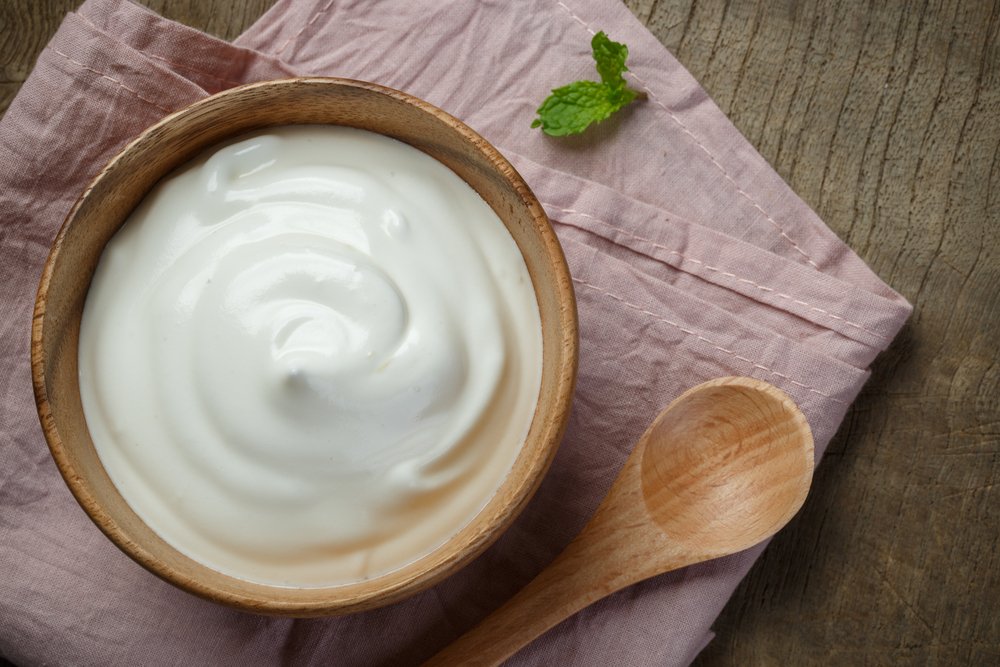Could Low-fat Dairy Boost Your Risk of Parkinson’s Disease? One Study Says Yes
Written by |

Consuming at least three servings of low-fat dairy per day is enough to increase the risk of developing Parkinson’s disease by 34 percent, compared to consuming less than one serving daily.
So says a study, “Intake of Dairy Foods and Risk of Parkinson Disease,” published in Neurology, the journal of the American Academy of Neurology (AAN).
For the study, researchers at Boston’s Harvard T.H. Chan School of Public Health used answers from 80,736 women enrolled in the Nurses’ Health Study and 48,610 men in the Health Professionals’ Follow-up Study. This covers a nearly 25-year period during which 1,036 of the participants developed Parkinson’s.
The team, led by Katherine Hughes, looked at what kind of dairy products each person consumed, including milk, cheese, yogurt, butter, margarine and sherbet. Researchers first analyzed if full-fat dairy was linked to an increase in Parkinson’s disease risk. When they didn’t find any such link, they moved on to assess if those consuming low-fat dairy would have an increased risk.
Indeed, results showed a 34 percent increased risk of developing the disease among those who reported consuming at least three servings of low-fat dairy per day, versus those consuming less than one serving per day. Furthermore, those who drank skim milk and low-fat milk instead of full-fat milk had a 39 percent higher chance of developing Parkinson’s. Sherbet and frozen yogurt were also linked to a modest increase in risk getting the disease.
“Our study is the largest analysis of dairy and Parkinson’s to date,” Hughes said in a press release. “The results provide evidence of a modest increased risk of Parkinson’s with greater consumption of low-fat dairy products. Such dairy products, which are widely consumed, could potentially be a modifiable risk factor for the disease.”
Overall, researchers concluded that “frequently consuming low-fat dairy products was associated with a modest increased risk of Parkinson’s disease.”
These results might not necessarily demonstrate that dairy products cause Parkinson’s, the researchers emphasize, as what they found was an association, not a cause. In fact, the association was somewhat weak and of the 5,830 people studied who reported consuming a minimum of three servings of low-fat dairy products daily, only 60 people — or 1 percent — developed the disease over the study period.
For comparison, of the 77,864 people who consumed less than one serving a day, 483 people — 0.6 percent developed Parkinson’s over the same period. But more research is needed in order to make recommendations about dairy consumption, the study’s authors said.
In December 2015, a study also linked milk consumption to an increased risk of Parkinson’s but that was mainly due to pesticide use prior to the 1980’s. That paper, “Midlife milk consumption and substantia nigra neuron density at death,” also appeared in AAN’s Neurology.
Scientists have long linked consumption of dairy products to Parkinson’s, though none have ever established causation. According to an editorial comment written on this study in 2015, “there are several possible explanations for the association, including chance. Also, milk consumption was measured only once at the start of the study, and we have to assume that this measurement represented participants’ dietary habits over time.”





